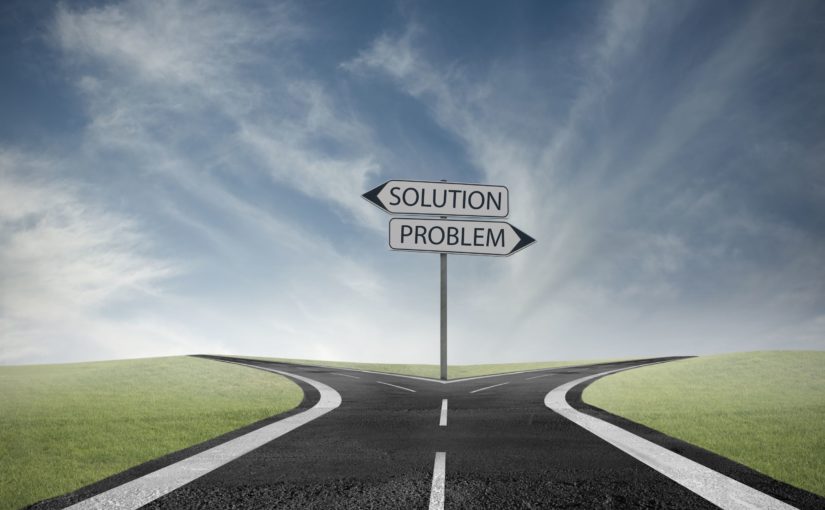Change is on everyone’s lips and ears. Nothing seems to be as important as this word, this activity. When reading job descriptions, one of the most important skills is to be change-affine. Change is something natural, we change all our lives without pressure. It is the normal changing development from baby to child, to teenager and to adult and finally to senior. Some people seem to change only physically. They then get stuck at certain points in, for example, childhood.
If one wants to change an organisation, this is just as natural as the environment often changes. The tricky thing about change in an organisation is that everyone is expected to change in the same direction at the same time. The top leadership decides that the organisation should change in a certain direction. These leaders themselves develop the desired changes at their own pace and to fit their thought patterns. Often, they do not consider that everyone in the organisation has their own thought patterns, beliefs, and assumptions. In this way, they are one step ahead of the rest of the organisation, having worked on these changes months or years before the others. The lower hierarchies then must adapt their beliefs, thinking patterns and thus their behaviour in a much shorter period, mostly expected to happen ad hoc. This is almost impossible because they are only told the reasons and purpose behind the change and could not figure them out themselves. They are expected to follow the implementation rather than understand it. To use the above image, it is like being a baby and having to transition from that directly to adulthood. This is not possible because the necessary developmental steps would be missing.
Change is necessary to survive in the VUCA world, that is clear. Change alone is not enough, in my opinion. Only if everyone wants to change and everyone is given the same time to change, as is currently lived more at senior level, then sustainable change takes place, because everyone in the organization could take the small development steps.
Idea for implementation: To use the entire organization and its expertise, the sustainable method would be to invite all members of the organization (participative change). This is often impossible. To still hear, take along and „use“ the various areas and departments, ambassadors could be sent from each area. These ambassadors are not sent by the executives or apply independently. They are elected by the area or department, through the colleagues. Through this critics will be more likely to entering the „development group“. One rule should be, that the „development-group“ is a judgmental-free space. Such an approach of working participatively changes the basic assumptions at the lowest level of Edgar Schein’s culture model. This takes courage and a perceived loss of power from top management, but it is worth trying as the intelligence and willingness of the entire organization will drive change and not just a „handful“ of people chosen for their hierarchical level.
